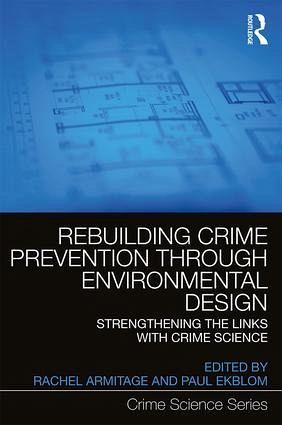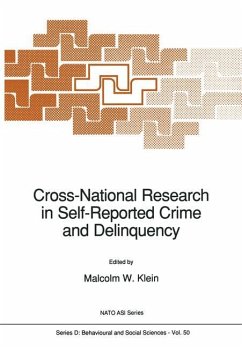
Rebuilding Crime Prevention Through Environmental Design
Strengthening the Links with Crime Science
Herausgeber: Armitage, Rachel; Ekblom, Paul
Versandkostenfrei!
Versandfertig in 1-2 Wochen
168,99 €
inkl. MwSt.
Weitere Ausgaben:

PAYBACK Punkte
84 °P sammeln!
Rebuilding Crime Prevention Through Environmental Design explores and extends the common ground between CPTED and Situational Crime Prevention - another traditional approach in the field of crime prevention and security - via the latter's evolution into the field of Crime Science.













